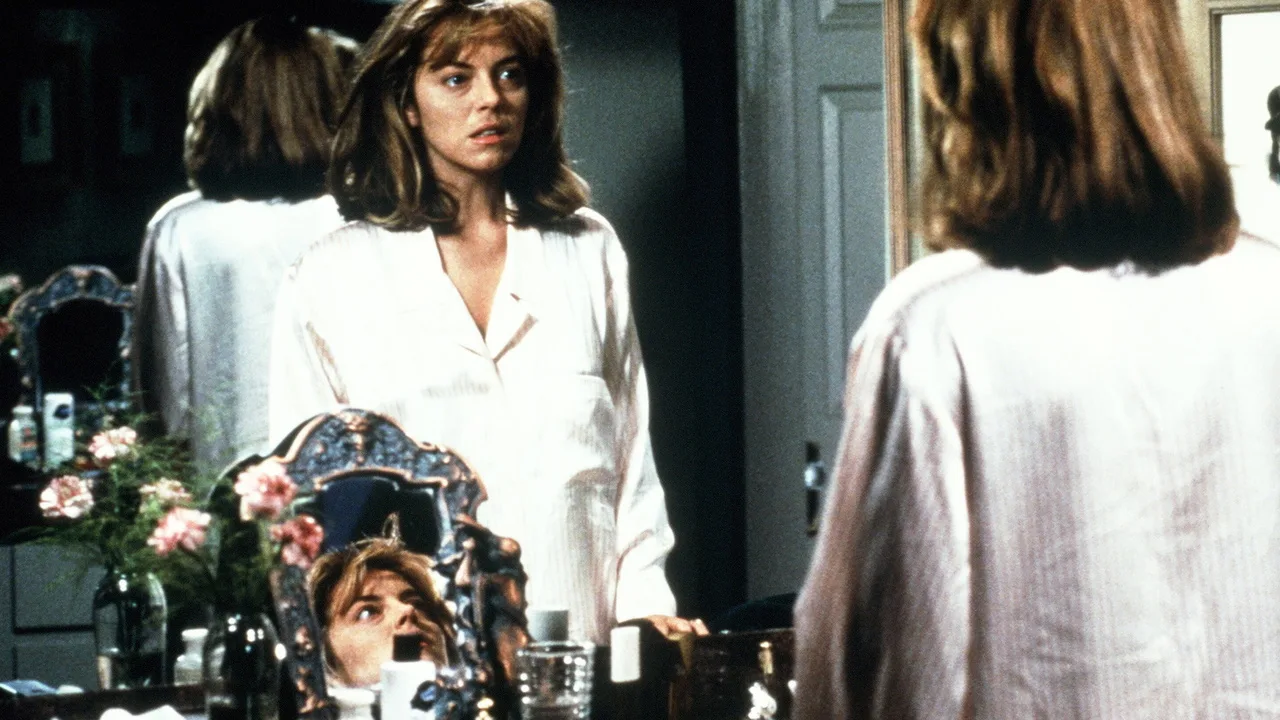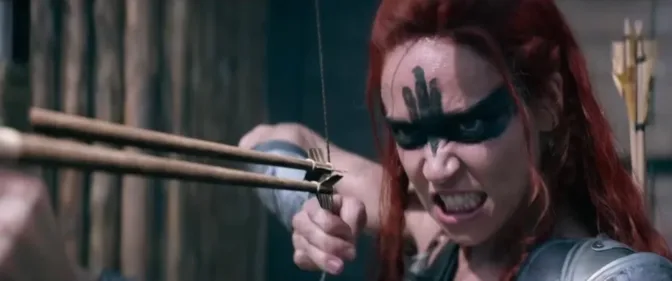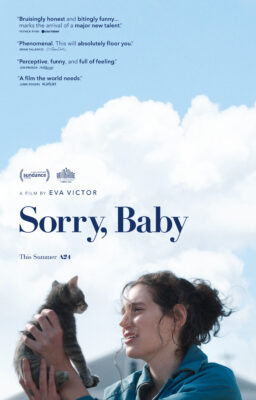I grew up with Wolfgang Petersen’s films. I saw them in theaters; they were always on TV. The fabled original cut of “Das Boot” seemed to be the holy grail of VHS collectors for a long time (it seems quaint now, in the age of boutique Blu-ray boxes, to imagine much being hard to find). But the one thing I missed was…well… his purpose. What did he want to say? The German films made sense to me; they’re probing post-war male studies, and “Das Boot” was specifically a story of his own German naval officer father (we can only assume uncomfortable questions about his service record must have come out before filming), and he shied away from neither controversy nor ugliness. But then he made “The NeverEnding Story,” and it was like a different director had taken over. The critique of the government went up and down, back and forth, until finally it became too much work to parse a political sensibility in movies that demanded you switch the light off in your frontal lobe and watch the dumb spectacle. “Enemy Mine,” “In The Line of Fire,” “Troy,” “Air Force One,” “Poseidon”—peaks and valleys. Didn’t seem worthy of all that much specialist scrutiny.
And then I saw “Shattered.”
Suddenly, I could see the whole story. He was swimming the dirty river of the American erotic cinema, the things you shut the door while watching in your bedroom. Not only did he make a grand entry in the subgenre, I’d argue that he produced the most satisfying high-budget, high-gloss erotic thriller of the era. Sure, it wants for some of Joe Eszterhas’s gymnastics in the dialogue, and could have used Verhoeven’s stark framing, sure, sure, yes. But what Petersen did here is so heedless, so charged, so…erotic that I stopped caring about anything about the flow of the images. This was a Sirkian melodrama (complete with “Magnificent Obsession’s” surgical fixation) taken by the endorphin rush of rediscovering identity through sexuality.
What Petersen understood was that people didn’t come to this genre for realism…or so he was led to believe by box office figures. Turns out everyone had limits. The film was one of his rare financial failures. Not me, though. I have no limits. And so I soaked up the hazy, sweaty vibes of the piece, awed by each new composition and lighting set-up. This is what American studio films ought to still look like.












